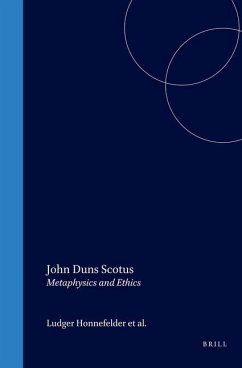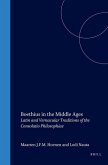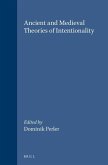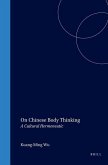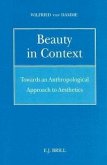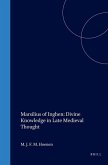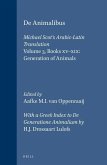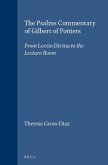'Of realty the rarest-veined unraveler', John Duns Scotus was one of the profoundest metaphysicians who ever lived. In this volume, the world's foremost Scotus scholars collaborate to present the latest research on his work. In ethics, the focus is on practical wisdom, on beauty as an ethical concept, and on the independence of the virtues; in metaphysics, on modality, individuation, and being. Textbook accounts notwithstanding, Scotus's theory of logical possibilities implies no existence or actuality for possible beings though being and thinking presuppose the domain of possibility; potency only supervenes on the actual. There are important 13th-century precursors of Scotus's theory of modality and individuation. Posterior to quidditative entity, Scotus clearly distinguishes the ultimate reality of individual beings both from individuals and from individuality.
Hinweis: Dieser Artikel kann nur an eine deutsche Lieferadresse ausgeliefert werden.
Hinweis: Dieser Artikel kann nur an eine deutsche Lieferadresse ausgeliefert werden.

